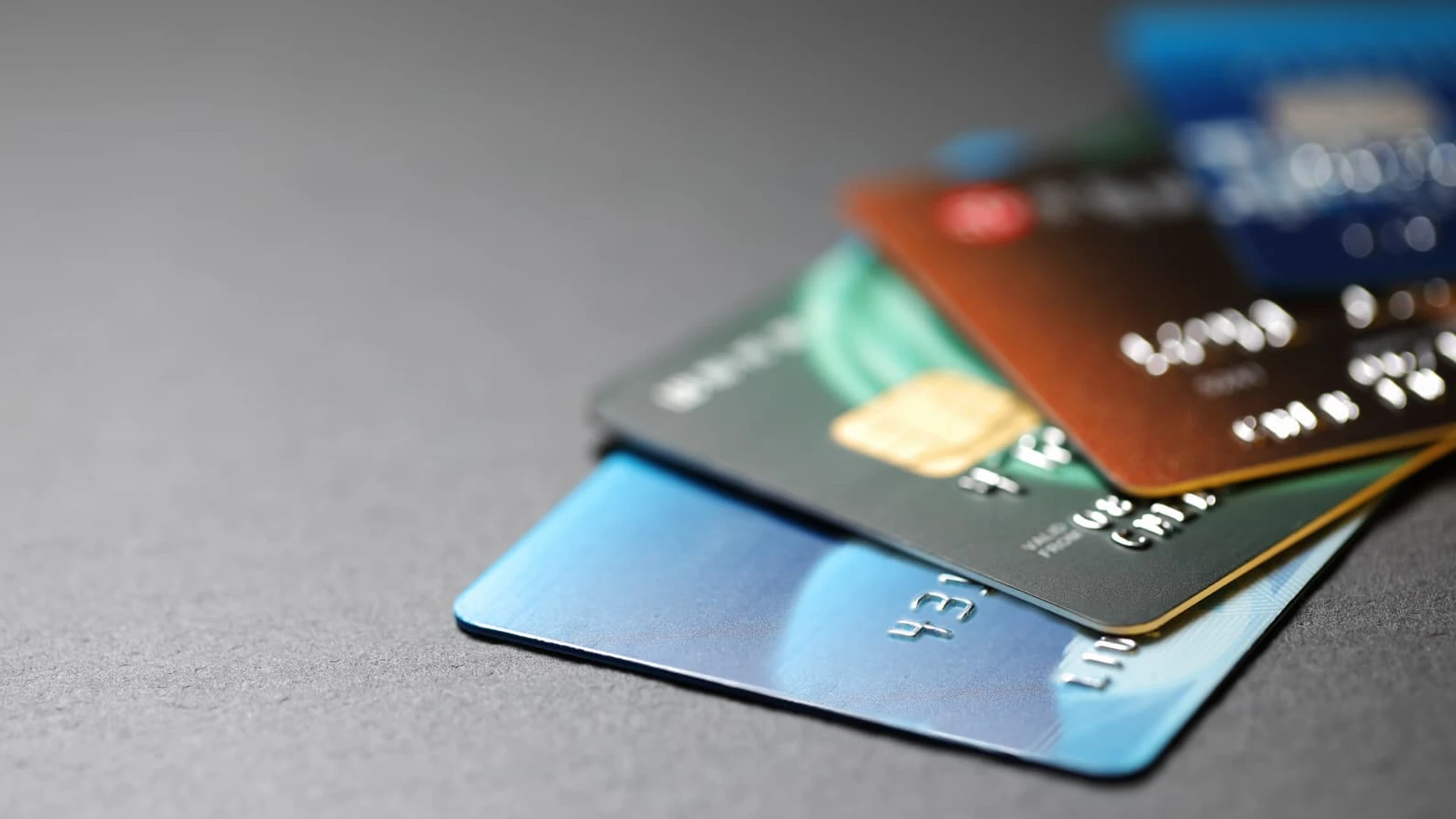A credit card can be a great asset when used responsibly, as it can help you save money, earn rewards points on purchases, and facilitate hassle-free transactions on online and offline platforms.
Due to credit risks associated with such instruments, banks used to issue credit cards to only a select few. Today, credit cards are used by a very large number of people. Using a credit card allows you to pay for a purchase later. It is thus helpful when you are short on money. Additionally, cards come with a variety of promotional offers and rewards programs. What about your use of your credit card? Are you using it in a way that benefits your credit?
As mentioned above, credit cards are rewarding, but only if you use them wisely. Let’s discuss some critical points to help you use your card wisely.
Look for high credit limit
There are so many factors that determine what credit limit you will get when you apply for a credit card. There are so many factors that determine what credit limit you will get when you apply for a credit card. After reviewing your credit profile and repayment capacity, credit card issuing banks may ask you for a credit limit. You should always request the maximum credit limit available to you. Having a high credit limit lets you make more credit transactions, which also improves your credit score.
Pay your credit card bills on time
Credit card balances are subject to very high interest rates from banks. If you fail to pay your credit card dues on time, you will face heavy penalties and interest charges. Furthermore, defaulting on your bills will also negatively affect your credit score and your eligibility for future loans. In order to avoid additional interest payments and to maintain your credit score, make a commitment to pay your bills on time.
Don’t settle for minimum payment
Occasionally, we make a part payment or minimum payment against our credit card transactions and decide to pay the entire amount in our next bill cycle. This doesn’t help as we end up paying interest on the entire amount as also we become liable to pay interest on any future transactions from day one until the previous bill is fully paid. It’s often mistakenly believed that making the minimum payment on your card dues is sufficient. To avoid penalties and interest, you must pay your bill on time. But to avoid heavy interest rates, you must also pay the bill in full.
Avoid using your card at ATMs
Additionally, credit cards allow you to withdraw cash from ATMs, but you should avoid using this facility as much as possible. Withdrawing cash from ATMs using a credit card account results in a transaction fee and interest rates up to 36 percent.
Keep your credit card details secured
Credit card fraudsters find new ways to defraud cardholders today. People need to educate themselves and stay on top of new threats. As a basic measure, always keep security details such as security pin, CVV number, OTP, and expiry date private and secure. Keep an eye on your card when handing it over.
Pay attention to the joining and renewal fees
Whenever you apply for a new credit card, you should know all its details, from usage to payment rules to joining and renewal fees. Consider the fee structure before choosing a card. Fees should be reasonable and should be outweighed by the benefits of the card. Additionally, many credit cards offer fee reversals if you spend a certain amount annually. Look out for this reversal benefit to save on the annual fees.
Read credit card bill carefully
Be sure to scrutinize the itemized bill carefully in addition to paying your credit card bill on time. Understand which charges appear on your credit card bill before paying it.
Avail a loan if required
Credit cards also offer unsecured personal loans based on your credit history. The fees associated with credit cards are always higher than those for personal loans. Even so, if you need financial assistance, you can use your credit card to apply for a loan without going to a bank branch.
